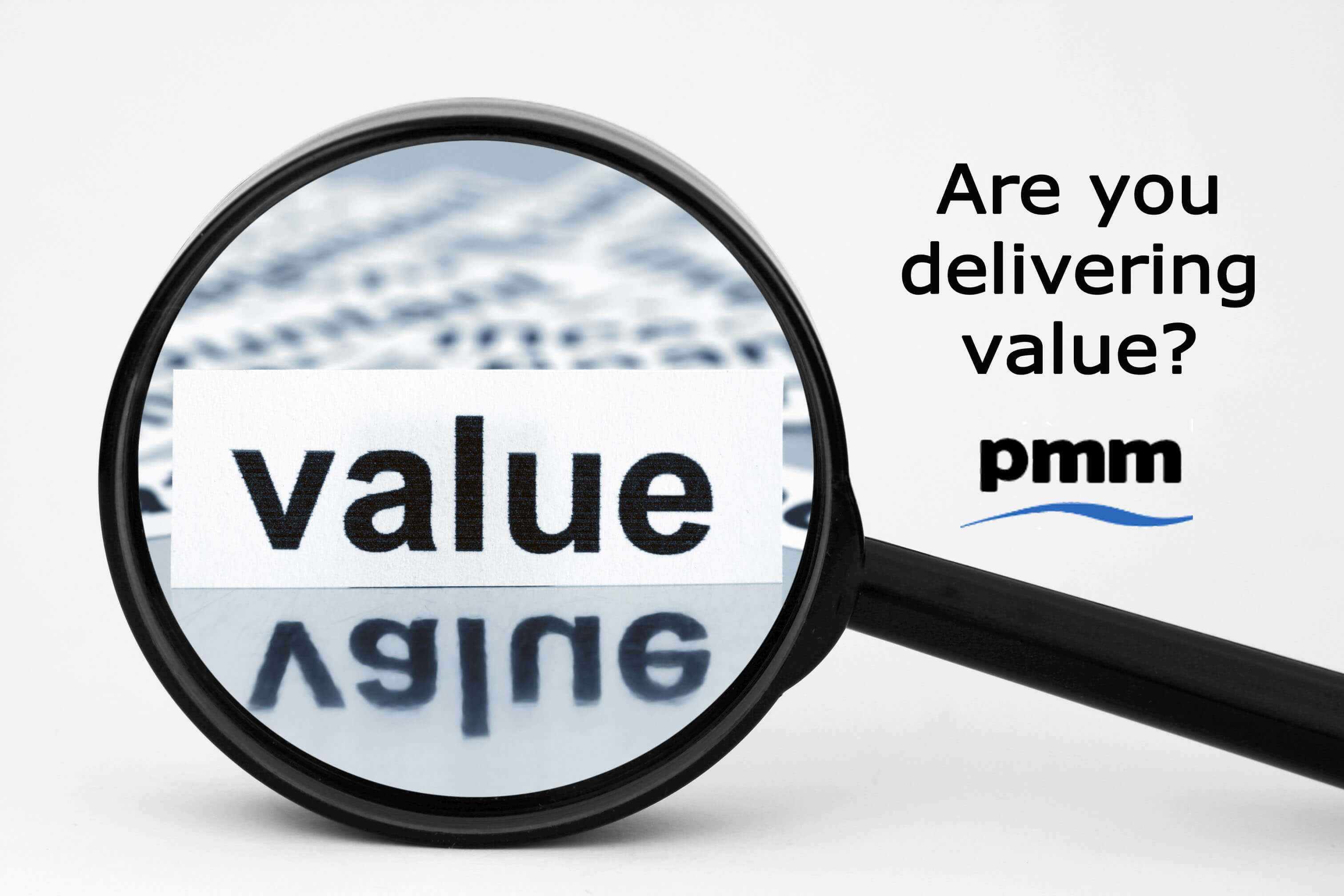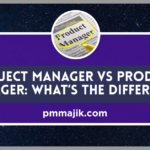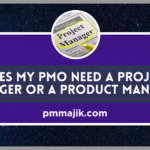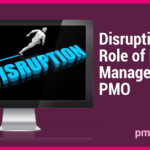I imagine that if you are involved in change in any shape and form: project / programme manager, PMO, portfolio manager, change team member, that you are very busy. In fact you probably have too much work that there are not enough hours in the day. Racing from meeting to meeting with never enough time to get any work done.
If this is the case, it is very easy to be lulled into the trap that you are making progress. Lots of activities are being crossed off the “to do” list. Tasks in the plan are being closed.
Important Question
However, do you know if all this good and hard work is making a difference? When you complete the work will this meet the stated objective or required outcome? Ultimately, are you delivering value?
Risk of not delivering value
If you become too preoccupied with all the activities, meetings, etc, it is very easy to lose sight of the objectives – the outcomes that your sponsor and organisation needs. This is the reason why budget was allocated to the work.
Fast forward to the end of the project. You are revealing the final solution to the sponsor and they look puzzled and ask the question “how does this meet the stated objectives” or, even worse, they bluntly announce “This is not what I asked for and it does not solve the problem”.
After an awkward glance at your presentation, you realise they are right.
This is not a good situation, it is even a career threatening situation for a project manager. Even worse if the project was multi year, has consumed a lot of scarce budget and / or has a drop dead date. There may be no way to put it right.
It is fair to say that you will not be seen as delivering value.
How to deliver value
Now you have a clear picture of the risk of not delivering value, what action can you take to ensure that you are delivering value?
Below are some simple ideas that you can apply:
- Ensure you understand the problem / objectives
- Understand the holistic vision not just the detail
- Ensure you have mapped deliverables to meet outcomes
- Agree how outcomes will be met
- Regular communication with stakeholders and team
- Regular check of deliverables to problem / outcomes
- Good sponsor engagement
- No surprises
Be aware of value
Being aware of value is really a mindset change. You must consciously think about what you and the team are doing and ask your self “Am I / Are we, delivering value”.
For every piece of work, question if it is required to achieve the outcome and, if it is, will it deliver the required result. This principle also applies to sponsors and stakeholders, often they will get too involved in the detail that can cause for requirements to be expanded / requested when they are not needed and / or do not add value.
Be a good custodian of the budget (both monetary and capacity). In fact, when requests are made and you are evaluating them, what would you do if it was your own money? Many people take time making decisions on significant purchasers like a car, house or similar. Why not the same when spending an organisations money on a project deliverable?
Bottom line is when you get to the end of the project and senior management ask “well just exactly what have we got for the $xxxxxxxx we have spent”, you want to know that you are confident answering the question.
Summary
Delivering value is very important. It is too easy to become focused on the activities, being very busy but still not to deliver value. This is a risk to your career as the organisation and sponsor are investing in order to achieve the outcome and the value this provides, not a list of completed milestones on a project plan.






